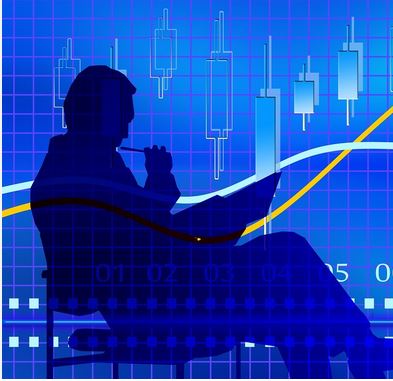Many market participants are participating in the $4 trillion dollar Forex market. The reason why these participants behave in the markets requires understanding their motives. Furthermore, some participants are more active, have deeper pockets, and have better information than others. Therefore, any Forex trading student must be aware of the various kinds of participants they are likely to meet when they trade in this market. This article lists some important categories of market participants.

Forex Dealers
Many Forex dealers are banks. Most Forex dealers are also known as broker-dealers. They are among the largest participants in the Forex market. Since dealers interact with one another on the interbank market, it is no surprise that it is also known as the interbank market. Several notable non-bank financial institutions also handle foreign exchange.
A dealer participates in the Forex market by providing bids and asking for currency pairs. It is important to note that all brokers are not involved in all currency pairs. Instead, they may specialize in a particular currency pair. Also, many dealers conduct proprietary trading operations using their capital. Forex dealers play a significant role in the Forex market when both operations are combined.
Brokers
A person does not need to deal with a broker in the Forex market unless they have sufficient knowledge to do so. They can contact the dealer directly and receive a favorable rate if they are sufficiently knowledgeable. Although there are brokers on the Forex market, they exist because they help their clients find the best quote by adding value to their services. Providing quotes from multiple dealers may help their clients get the best price for buying or selling. Brokers provide anonymity when trading, another major reason why many big investors and Forex dealers use them. These brokers act as henchmen for these large traders’ trading operations.
Hedgers
Many businesses create assets and liabilities priced in foreign currency as part of their everyday operations. When exporters and importers engage in foreign trade, they may have open positions in a variety of foreign currencies, which can have a negative impact on their profitability. To avoid losing money, hedgers take opposite positions in the market to protect themselves. Consequently, if their original position has an unfavorable movement, it is offset by their hedged positions, thus nullifying their profits and losses and stabilizing their business operations.
Speculators
Forex speculators are traders who are purely interested in making a profit by buying and selling foreign currencies.
The number of speculators increases significantly when the market sentiment is high, and everyone seems to be making money in the Forex markets. Speculators usually do not maintain open positions in any currency for long. Their positions are transient and exist only to make a short-term profit.

Arbitrageurs
A foreign exchange arbitrageur takes advantage of price discrepancies to make a profit. Arbitrageurs play a vital role due to their operations in a huge volume, decentralization, and diffusion market, as the Forex market can function efficiently and provide uniform price quotes everywhere. They buy one place and sell another until the discrepancy disappears when arbitrageurs find a price discrepancy in the market.
Central Banks
Most of the time, central banks officially participate in the Forex market. However, they often participate in the market covertly as well. This is because Central Banks have a target range within which their currencies will fluctuate. To bring the currency back into range, Central Banks conduct open market operations if it falls out of the range. Furthermore, whenever a nation’s currency is under speculative attack, its Central Bank participates heavily in the market to defend it.
Retail Market Participants
Many people, including tourists, students, and even patients traveling internationally, participate in the retail market. In addition, there are a number of small businesses that engage in foreign trade. Retail participants are most active on the spot market, whereas people with long-term interests are more active on the futures market. In this case, participants only buy/sell foreign currency for personal/professional reasons and do not deal with foreign currencies daily.
Bottom line
There is a descending order of participants in the Forex market. Thus, dealers are the most active traders. Brokers follow after them. Dealers have the most intimate knowledge of the market.


